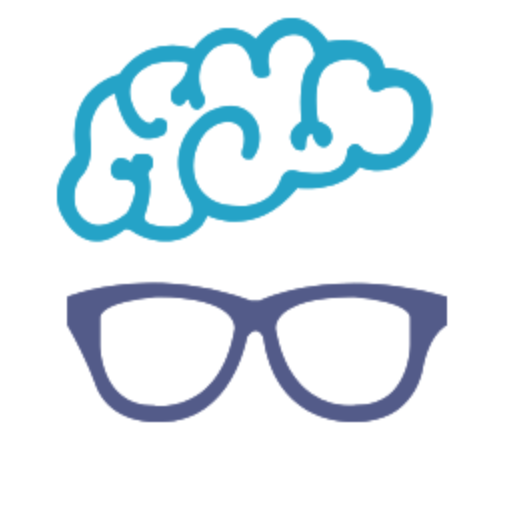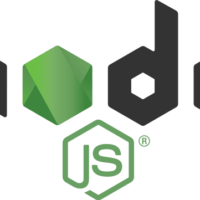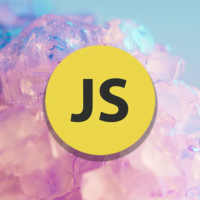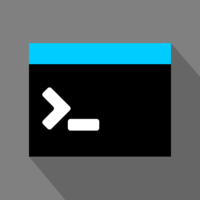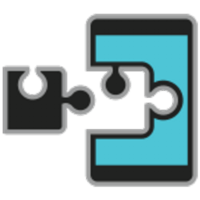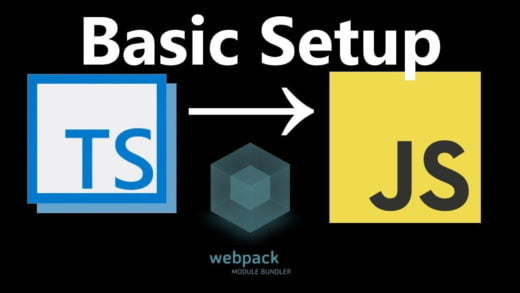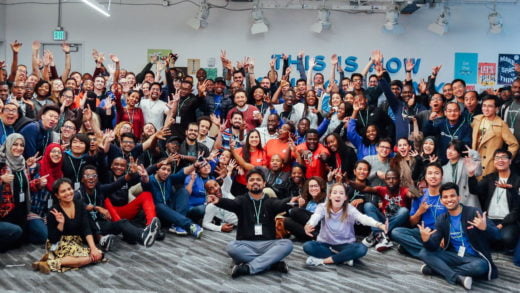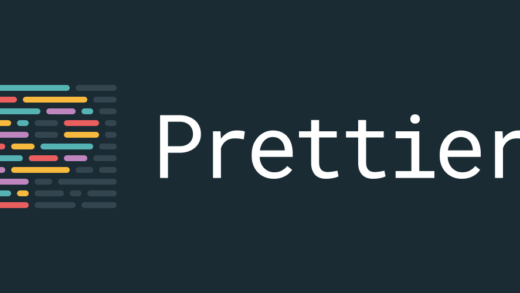PostgreSQL is a powerful, open-source object-relational database management system. It implements the SQL language and adds several unique features, allowing users to store and scale complex workloads.
PostgreSQL has earned high ratings for reliable architecture, reliability, robust features, and data integrity for years. It is committed to the open-source community. PostgreSQL systems consistently deliver strong performance and innovation.
There are lots of reasons why you should use PostgreSQL for your project. Here are the primary advantages.
PostgreSQL is popular
PostgreSQL runs on all major operating systems. Its powerful add-ons have popularized this relational database among users. Numerous recent studies and surveys indicate increased PostgreSQL adoption in the developer community. It has gained traction as one of the most popular database technologies.
Strong open-source community
The open-source PostgreSQL community has lots to offer to help discover solutions to common and uncommon problems.
PostgreSQL generally releases minor updates every three months to introduce incremental improvements and address bugs. Major updates with significant updates are released every one to two years.
PostgreSQL users can read free online manuals, tutorials, and reference guides with detailed instructions. From beginners to intermediate developers, they can learn how to optimize the system according to their needs.
PostgreSQL is ACID-compliant
PostgreSQL is an ACID-compliant database that meets individual standards for Atomicity, Consistency, Isolation, and Durability.
Atomicity
Atomicity guarantees that each transaction is treated as a single unit. Either all changes occur successfully, or none are applied.
Consistency
Consistency is the assurance that a transaction will only change the database from one state to another. PostgreSQL enforces data integrity rules to prevent invalid data from entering the system.
Isolation
Isolation indicates that multiple transactions can co-occur without issues. PostgreSQL ensures that each transaction doesn’t interfere with other results.
Durability
Durability means that an incomplete transaction can be rolled back, or a complete transaction is automatically committed and recorded. PostgreSQL employs write-ahead logging to prevent data loss during crashes.
PostgreSQL is stable
PostgreSQL is known for its stability. It uses a multi-process architecture to isolate subprocesses, preventing a single process failure from crashing the entire system. It ensures data durability by recording transactions before storing them in the database, reducing the risk of data loss. Also, its performance metrics typically remain robust under high concurrent reads and writes.
PostSQL has many helpful business features
PostgreSQL has many features that help users develop applications, particularly for organizations. It is used in enterprise finance, telecom, ERP, CRM, and other industry-wide applications. Businesses benefit from its ACID compliance, advanced data types, and security features. In addition, the system has excellent transaction processing and data analysis capabilities.
PostgreSQL can be customized
PostgreSQL is a very customizable system, mainly because of its open-source nature. Users can define data types and build custom functions. They can also write code in different programming languages.
PostgreSQL is scalable
PostgreSQL demonstrates impressive scalability, including the quantity of data it manages and the number of concurrent users it accommodates. Active PostgreSQL clusters support dozens (sometimes hundreds) of terabytes of data. Some systems may even specialize in managing petabytes.
Additionally, PostgreSQL provides free automatic data compression using modern techniques. This technology further optimizes its scalability.
Ease of use and maintenance
PostgreSQL offers numerous features that simplify database management tasks. Data Definition Language (DLL) allows users to create, modify, and manipulate database objects. Major schema changes can be made online anytime, as can index optimization.
Various replication methods exist to streamline data migration, such as segment, stream, trigger, or logical. In addition, the system provides comprehensive views for monitoring database performance.
PostgreSQL’s complex relationship with SQL
PostgreSQL supports the core SQL functionalities. In some cases, it has slightly different syntaxes or functions. However, these variations are minor and familiar users can adapt quickly.
In addition, PostgreSQL offers extensions and functionalities that complement the SQL framework. It provides additional capabilities not found in traditional SQL.
Here is an overview of the similarities and differences.
Open Source
MySQL and PostgreSQL both have free and open-source versions. MySQL also offers paid versions to unlock additional features and management functionalities.
Usage
Both systems cater to various applications, including web development, data warehousing, and complex data management. PostgreSQL works for many systems, including those requiring high read/write speed.
Scalability
PostgreSQL is highly scalable. MySQL can increase scalability through sharding. Even so, its system is not as robust as PostgreSQL’s built-in horizontal scaling capabilities.
ACID Compliance
PostgreSQL meets ACID compliance standards. However, MySQL is only ACID-compliant when using InnoDB and the NDB cluster storage engine.
Materialized Views
PostgreSQL supports materialized views, whereas MySQL does not.
Queries
PostgreSQL excels at handling complex queries and high read/write workloads. MySQL executes simple queries efficiently.
